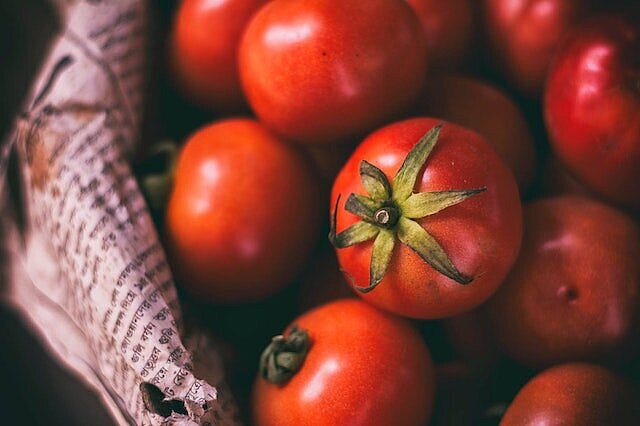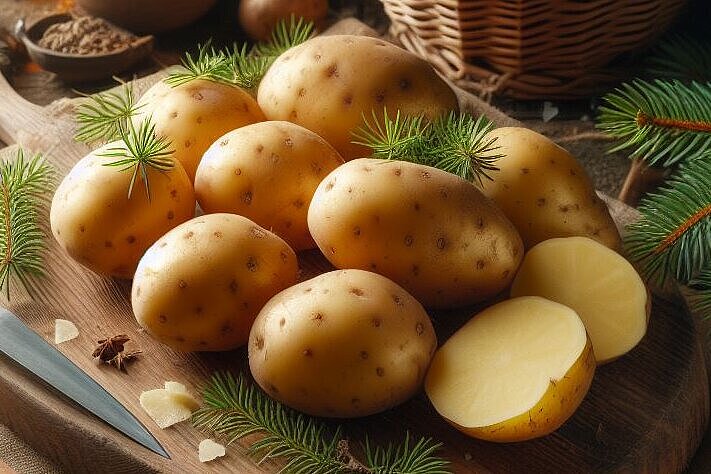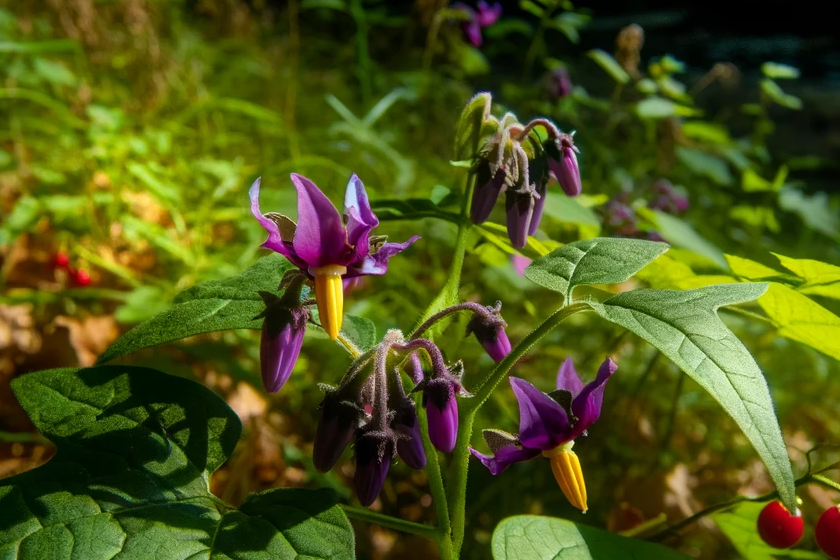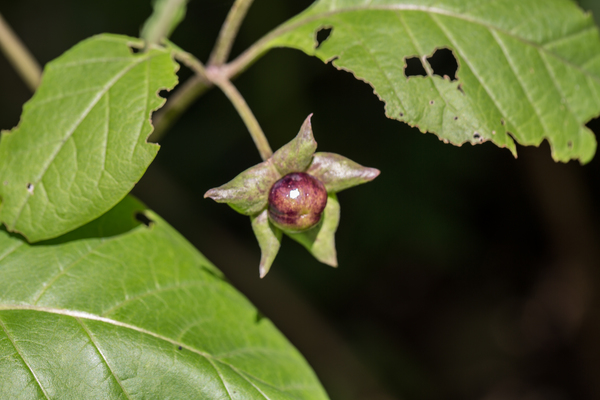Nightshade
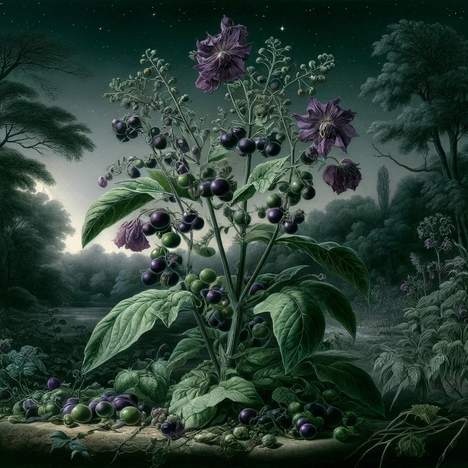
Nightshades, a term often associated with mysterious and perhaps even dangerous plants, actually encompasses a large family of plants that includes both beneficial vegetables and potentially poisonous species. While some members of the nightshade family, such as tomatoes and potatoes, are regularly found in the human diet, the question arises as to how safe or dangerous these plants are for our dogs. This article sheds light on the nightshade plant in relation to dogs by examining the properties, potential benefits and the risks of this diverse plant family.
What is nightshade?
The Solanaceae family
Nightshades, scientifically known as Solanaceae, is a family of plants that includes over 2,000 species. Many are known for their edible fruits, vegetables or herbs, including tomatoes, potatoes, peppers and eggplants. However, other members are notorious for their toxic properties, such as black nightshade (Solanum nigrum) or belladonna (Atropa belladonna).
Characteristics and occurrence
Nightshade plants are generally known for their ability to produce alkaloids - chemical compounds that can be both medicinal and toxic. They grow in a variety of environments, from temperate to tropical regions, and often have distinctive flowers or fruits that make them easily identifiable.
Potential benefits for dogs
In moderation and taking into account the specific species, some nightshade plants can provide health benefits for dogs:
Nutrient-rich
Some edible nightshades, such as sweet potatoes, are rich in vitamins, minerals and fiber that can contribute to the overall health of dogs. As part of a balanced diet, they can aid digestion and boost the immune system.
Antioxidant properties
The antioxidants found in many nightshade vegetables can help neutralize free radicals and prevent cell damage, contributing to overall dog health and vitality.
Risks and disadvantages
Despite the potential benefits, the risks outweigh the benefits when it comes to nightshade plants and dogs:
Toxicity of some species
Many nightshade species contain alkaloids that can be toxic to dogs. Ingestion of plant parts such as leaves, stems or unripe fruits can lead to severe symptoms of poisoning including, but not limited to, vomiting, diarrhea, lethargy and in severe cases even death.
Solanine in green parts
Solanine, a glycoalkaloid found in the green parts of tomato and potato plants, is toxic to dogs. Symptoms of solanine poisoning include gastrointestinal discomfort, weakness and confusion.
Allergic reactions
Some dogs can have an allergic reaction to certain nightshades, which can lead to skin rashes, itching and other allergic symptoms.
Caution advised
Although the nightshade family includes some useful and nutritionally valuable plants for humans, caution is advised when feeding them to dogs. The potential risks and toxicity of many nightshade species outweigh the potential benefits. It is important to ensure that your dog does not have access to the poisonous parts of these plants and that all vegetables that belong to the nightshade family and are considered safe are fed in cooked form and in moderation. If in doubt or if you suspect poisoning, consult a vet immediately. Your dog's health and safety should always come first.
If you notice any signs of hypersensitivity or poisoning in your dog, you should see your vet immediately. We are not a substitute for a vet, but we try to be as accurate as possible. Every dog reacts differently and we recommend you get a second opinion or consult your vet if in doubt.
Stay healthy and take good care of your four-legged friend!😊
Similar to Nightshade
Tomatoes are fruits that belong to the nightshade family. They originally come from South America and were brought to Europe by the Spanish. Today there are many different varieties of tomatoes,...
Potatoes consist of 78% water and 18% carbohydrates. Carbohydrates are not essential for dogs, but can be a good source of energy, especially for active or sporty dogs. Carbohydrates are broken down...
Bittersweet nightshade is a perennial climbing plant that belongs to the nightshade family. It is characterized by its heart-shaped leaves and eye-catching purple flowers, followed by bright red or...
Belladonna (Atropa belladonna) is a perennial shrub from the nightshade family. It can grow up to two meters high and has egg-shaped leaves and bell-shaped flowers, which are brown-purple on the...
